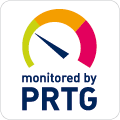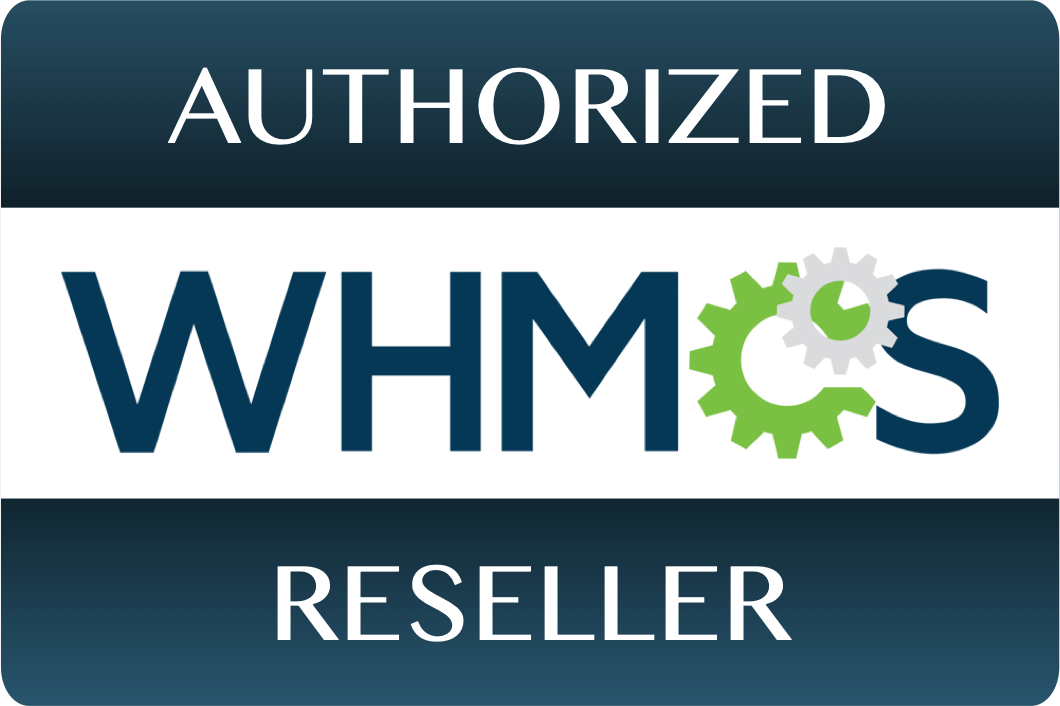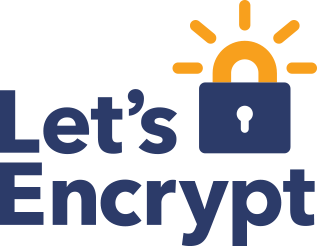Facebook Places launched last week. It has been dubbed a competitor to Foursquare and other location-based services, a compliment to existing Facebook features and another means for “over-sharers” to continue to broadcast their nonsense. PC World describes Facebook Places as “an obvious banshee cry to Foursquare and other location-based check-in services.”
Facebook’s purpose is to create a vehicle for sharing. Not just for you to share and broadcast about you, but to enable others you’re connected with to share their content. The main advantage in any of this share is the idea that connections (i.e. users) can experience each other’s shared content without being in physical proximity to one another. Facebook Places brings another level of location-free sharing: by actually enabling the sharing of physical locations.
There are some privacy concerns about friends tagging friends in posts and with the launch of Facebook Places, concerns arise around tagging. If you actually watch the video I linked a bit earlier, listen to the scenario the ABC’s Linsey Davis says:
Let’s say I happen to tell my boyfriend I’m working late tonight. And then I go out to the bar with some friends of mine. Someone someone unbeknownst to me can say ‘Hey guess what, Linsey Davis is at this bar.’
Let me digress for a moment: I will accept that different social networks allow an individual to reinvent themselves, their persona, personality etc. But one fact remains true throughout life: lying and deceit is bad and there are repercussions for involvement in bad things.
In Linsey’s scenario, and in may other nay-sayers about Facebook places, the idea that I can tag you in a check-in is something you may not consent to, you don’t want your boyfriend finding out you aren’t working late or that after working late you went to a bar. Sorry Linsey: fact of the matter is independent of Facebook people have the ability to see you at the bar, to call up your boyfriend and tell him where you are and who you’re with. If you step outside your home people can see you. Maybe later in the day, maybe later in the week, someone may say “hey have you seen [you] lately?” and the response may be “yeah I saw them outside of their home yesterday.” It may not seem like it but this is the same sharing interaction as Facebook Places.
Still, people will inevitably complain about privacy concerns and being automatically opted-in to such functionality. You know the real way to solve your Facebook privacy concerns regarding Facebook Places: talk to the person who is an arm’s-length from you, checking in and tagging you. It’s not Facebook’s fault if someone tags you and it is by bar easier to talk to someone you trust. By the way, someone has to be a friend of yours on Facebook in order for them to tag you, so it’s not like it’s some random paparazzi following you around reporting on your location. And communication with your friend(s) is far better than to gripe at Facebook about their privacy settings.
Enough on the negativity, how can you benefit from Facebook Places? Compared to other location based networks, Facebook Places lets you share your check-ins with your Facebook network. (Advantage over a group like Foursquare, who requires one-to-one friend invites/acceptance.) Claiming Facebook Places (as a business owner) is pretty simple, takes maybe a few hours for Facebook to send you a confirmation to then administer your Facebook Place. There’s even an API to allow read and writing to Facebook Places, which can be pulled just like all other Open Graph data. You’ll get to create promotions for your Facebook Places, similar to the game-like promotion activity offered by Foursquare.
But most importantly, I would wager that for small businesses that have a tight or non-existent budget for marketing, Facebook Places allows for them to have a mobile presence aside from a website or Facebook Business Page. I personally am still waiting for more local businesses (especially my clients) to jump on the idea that they don’t need a website, they just need a perfected Facebook Business Page and (now) a strong Facebook Places page.
Facebook is currently rolling out Places to the US markets, there are a few threads about it’s progress – it seems the west coast (San Francisco, Portland, Seattle, et al) have already been deployed. I would estimate international availability for Facebook Places to be near the middle-to-end of September.
What I’m interested in now is how will non-brick-and-mortar businesses benefit from Facebook Places? Moreover: how does any business that doesn’t have a storefront or physical space to take advantage of location based services? My immediate reaction is: get out into your local community and make a temporary location centered around an event. Good example: if you are a business in Denver, Colorado go throw a party at Lucky Strike, create a check-in location (on Foursquare, etc) for the “Nick-is-Awesome, Inc. Party Hosted by Lucky Strike.” Check-ins warrant a free drink or hour of bowling care of “Nick-is-Awesome, Inc.” and any achievements earned by users get some kind of promotion. Keep in mind: using Facebook Places does mean your users will automatically have the visibility to their network – which means your brand will have visibility to their network – but don’t neglect other location-based services. Foursquare lets you create your own places, too – you can play location-based services against each other by promoting each one for different/same events. For our example: free drinks if you check-in via Facebook Places, free hour of Bowling if you check into the party via Foursquare, etc. As it turns out, claiming a Facebook Place is easy, if you have a ton of business documentation. Yielding Facebook Places as a great local business directory and Foursquare a great ad-hoc (and event-based) location based service for business.








